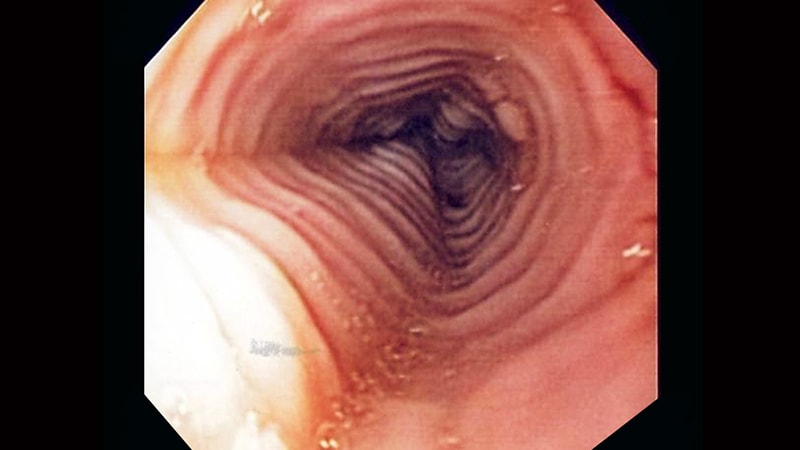Food protein-induced enterocolitis syndrome (FPIES) is underdiagnosed in children in the UK, suggest findings published in Archives of Disease in Childhood.
In the first UK prospective epidemiological survey of its kind, researchers used standard British Paediatric Surveillance Unit (BPSU) surveillance methodology to gather information on FPIES over 13 months from January 2019 to February 2020. Approximately 3500 consultant paediatricians received a monthly electronic card to report the number of cases fitting the surveillance case definition seen in the last month.
A total of 98 cases were reported, with 135 trigger foods. More than a quarter (27%) had multiple food triggers. Common food triggers included cow’s milk (24%), fruits and vegetables (19%), egg (16%) and fish (14%).
In 46%, the initial trigger food had been ingested three or more times before diagnosis, with a median diagnostic delay of 7.9 (range, 3.0-17.3) months.
Half (51%) of patients were admitted, but only 5% received appropriate acute treatment with ondansetron.
Most cases were diagnosed by an allergy specialist (76%).
FPIES is a delayed type of non-IgE-mediated food allergy most often seen in infancy. Allergen exposure leads to the onset of repetitive vomiting within four hours of ingestion and diarrhoea may follow later. FPIES is characterised by lethargy, pallor and floppiness, which may be due to hypovolaemia. It should be considered a medical emergency. If left untreated, it can progress to acidosis, hypotension and shock.
FPIES has been reported throughout the developed world with an incidence between 0.015 and 0.7%. The findings of this study identified an incidence rate of 0.006 per cent, much lower than expected. Cases were clustered around centres with specialist allergy services, suggesting under-reporting elsewhere, the authors said. They also highlighted a significant delay in making an FPIES diagnosis.
They said the findings suggest under-recognition of FPIES in frontline clinical setting. They recommend education for health care professionals to improve recognition, earlier diagnosis and treatment.


